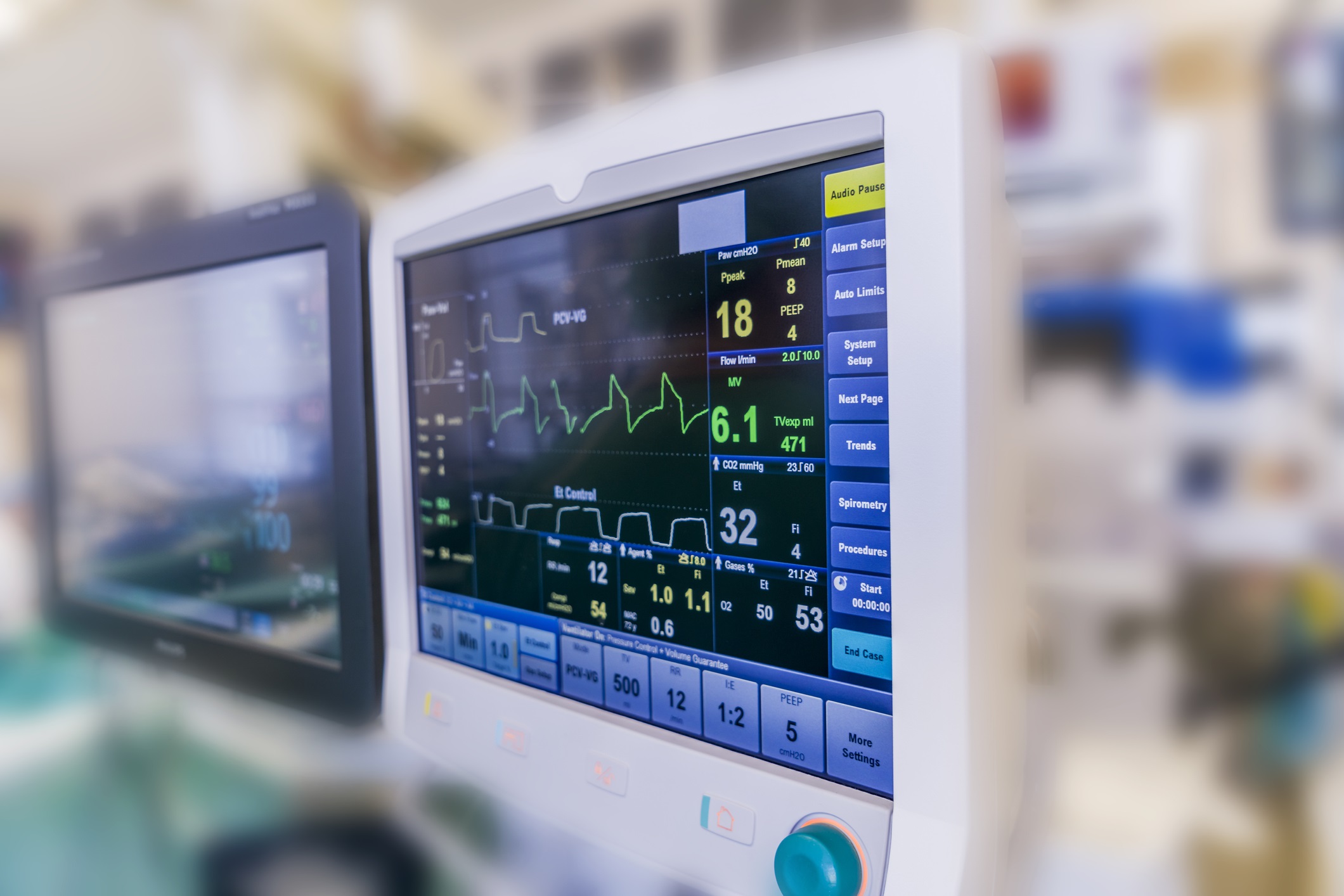Erectile Dysfunction Drug May Help Treat Heart Failure

A drug for erectile dysfunction may also help treat heart failure, a preliminary study in animals suggests.
In the study, published today (May 1) in the journal Scientific Reports, the researchers gave the drug tadalafil (brand name Cialis) to sheep that had advanced heart failure. The researchers found that the treatment improved the strength of the animals' heart contractions and that it reversed some of the harmful cellular effects seen in heart failure.
The finding adds to a growing body of evidence suggesting that erectile dysfunction (ED) drugs could be beneficial for individuals with heart failure, a condition in which the heart muscle can't pump enough blood to meet the body's normal demands.
Heart failure is a serious condition, and existing treatments aren't always effective. About half of the people who develop heart failure die within five years of their diagnosis, according to the Centers for Disease Control and Prevention.
Still, because the new study was conducted in sheep, further research will be needed to see if the findings apply to humans as well. [9 New Ways to Keep Your Heart Healthy]
In addition, people should not self-treat their heart failure with tadalafil, study lead author Andrew Trafford, a professor of cardiac pathophysiology at the University of Manchester in the United Kingdom, said in a statement. Not only are more studies needed to confirm the findings, but also, tadalafil may have serious side effects when combined with other drugs. People should speak with their doctor before taking erectile dysfunction drugs.
ED drugs and the heart
The most well-known ED drug, sildenafil (brand name Viagra), was originally intended as a treatment for angina, or chest pain caused by reduced blood flow to the heart. However, in early studies, the drug did not produce the heart effects the researchers had hoped for. But it did have an interesting side effect among men: stronger and more persistent erections. This finding spurred more research and eventually led to the approval of sildenafil as an ED drug.
Sign up for the Live Science daily newsletter now
Get the world’s most fascinating discoveries delivered straight to your inbox.
Sildenafil and other drugs in this class (including tadalafil) work by inhibiting an enzyme called phosphodiesterase 5 (PDE5), which is found in various tissues, including the penis, but also in blood vessels. PDE5 plays a role in regulating blood flow, and some studies suggest that PDE5 inhibitors may also affect heart cells.
Although sildenafil didn't initially pan out as a heart drug, subsequent studies suggested that PDE5 inhibitors might have heart benefits. For example, a 2016 study of men with type 2 diabetes who were at high risk for heart disease found that those who took PDE5 inhibitors had a lower risk of early death compared with men who didn't take the inhibitors.
And a 2011 study of people with heart failure found that those who took PDE5 inhibitors experienced improvements in some of the heart abnormalities seen in patients with heart failure.
However, much of this earlier research has not focused on the more advanced stages of heart failure.
In the new study, the researchers used pacemaker devices to induce advanced heart failure in sheep. (The study used sheep because their hearts are similar to human hearts.) Then, the researchers administered doses of tadalafil that are similar to those used in the treatment of ED.
The researchers found that the treatment halted the progression of heart failure and reversed some of the effects seen at the cellular level in the disease. For example, it improved the ability of heart cells to respond to the hormone adrenaline. (An imparied ability of the heart to respond to adrenaline is a hallmark of heart failure, the authors said.) This, in turn, increased the ability of the heart to pump blood throughout the body.
Future studies
The new study "shows what people have long suspected — that there might be direct effects of [PDE5 inhibitors] on heart cells," said Dr. Theodore Abraham, professor of medicine and clinical chief of cardiology at the University of California, San Francisco, who wasn't involved in the new study.
A drug that directly affects both blood vessels and heart cells would, in theory, be "the perfect combo" for treating heart failure, Abraham said.
However, future studies are needed to show that PDE5 inhibitors actually improve outcomes for patients with heart failure. In the past, some drugs that directly improved heart function failed to improve outcomes (such as survival or hospitalization rates) for patients, Abraham told Live Science.
In addition, future studies would need to show that PDE5 inhibitors work at least as well as or better than current drugs for heart failure and would need to determine which patients benefit most from the drugs, Abraham said.
- Top 10 Amazing Facts About Your Heart
- 11 Surprising Facts About the Circulatory System
- 7 Surprising Reasons for Erectile Dysfunction
Originally published on Live Science.

Rachael is a Live Science contributor, and was a former channel editor and senior writer for Live Science between 2010 and 2022. She has a master's degree in journalism from New York University's Science, Health and Environmental Reporting Program. She also holds a B.S. in molecular biology and an M.S. in biology from the University of California, San Diego. Her work has appeared in Scienceline, The Washington Post and Scientific American.










